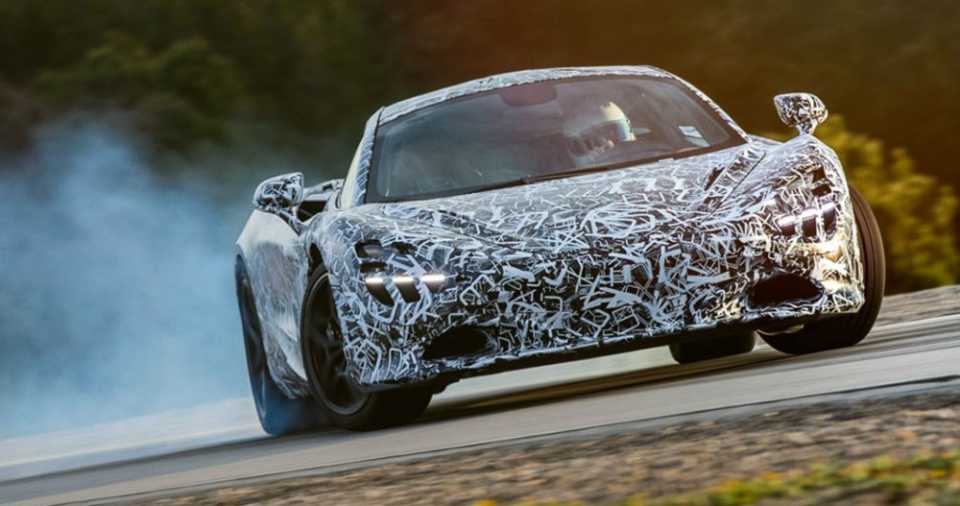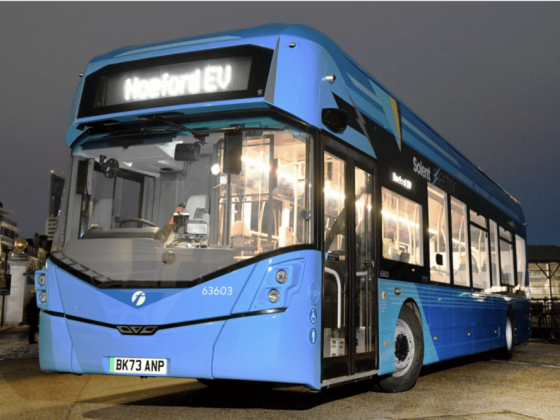McClaren and BMW partner to develop cleaner, powerful supercars

McClaren Automotive and BMW Group have entered a partnership to design and develop technology for cleaner, more powerful supercar powertrains.
The project will aim to develop new combustion technology to deliver a higher output per capacity than currently possible, and aim to further facilitate CO2 reductions while simultaneously increasing engine output.
The University of Bath will work alongside McLaren Automotive and BMW and leverage its Powertrain & Vehicle Research Centre’s expertise in internal combustion engine systems efficiency.
The syndicate also includes engineering consultancy and current McLaren engine manufacturer Ricardo; Grainger and Worrall who will deliver complex, lightweight casting technology; and Lentus Composites who will contribute knowledge in specialist composite structures.
Supported and part-funded by the UK Government through the Advanced Propulsion Centre, the project will also aim to improve the UK’s development and production capabilities of low-CO2 internal combustion engine technology.
The project forms a part of McLaren’s Track22 plan, which includes a £1 billion investment into research and development over the next five years with a view to launching 15 new cars by 2022. The plan also encompasses new powertrains and hybrid technology on at least 50% of the McLaren product range by 2022.
The experimental research will be conducted in the University of Bath’s engine research cells including its Centre for Low Emission Vehicle Research featuring an advanced Chassis Dynamometer.
Project lead at the University of Bath and reader in the department of mechanical engineering, Dr Sam Akehurst, said: “We are excited to be part of this project where the PVRC’s research expertise in Internal Combustion engine system efficiency will be used to support McLaren in the development of an exceptional powertrain for their future vehicles.”
Chief executive officer of McLaren Automotive, Mike Flewitt, said: “We will continue to independently design and build our own engines, and the benefits of this project will help us accelerate the development of our next generation of powertrain, as confirmed in our recently-announced Track22 business plan.”



